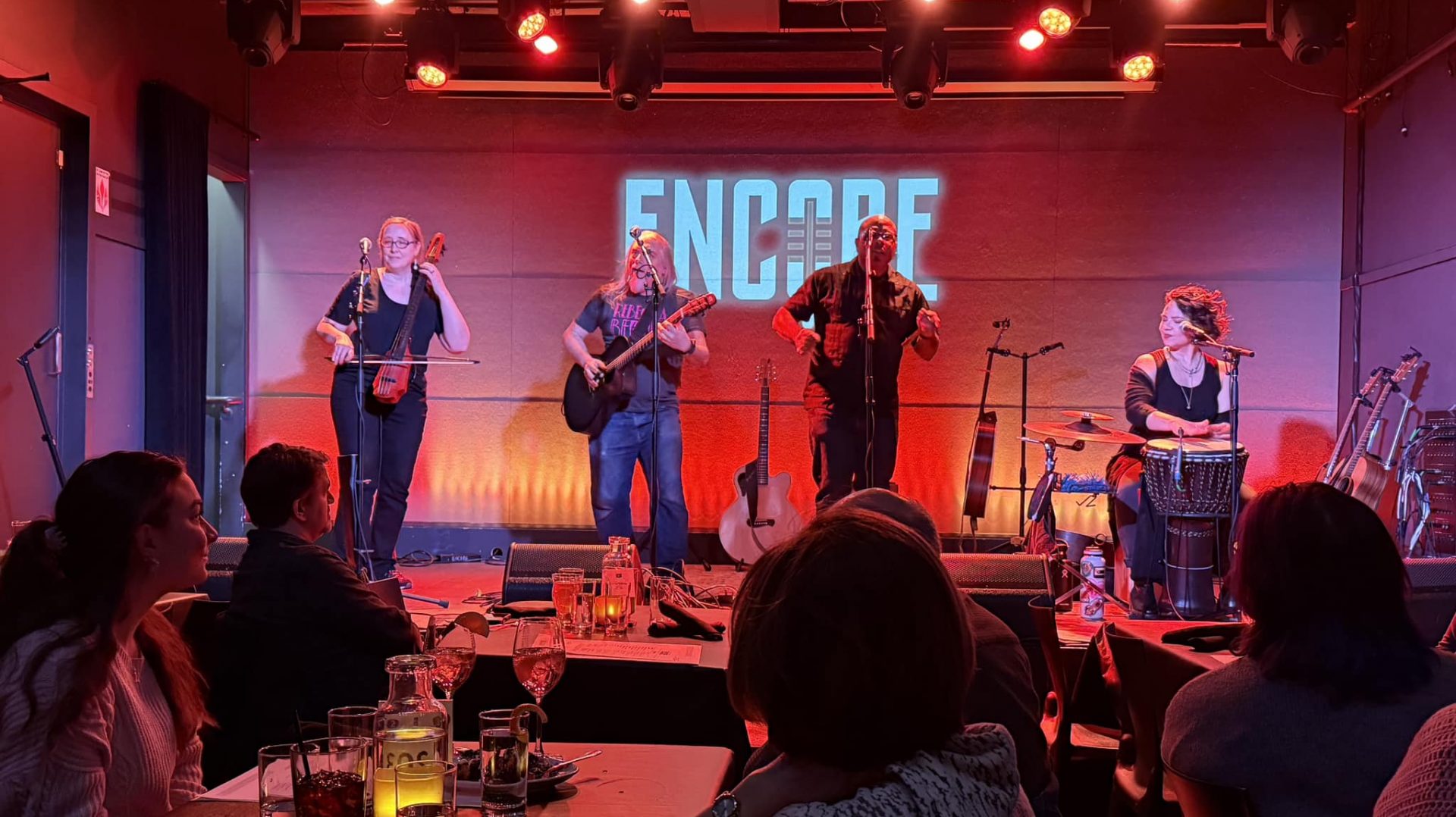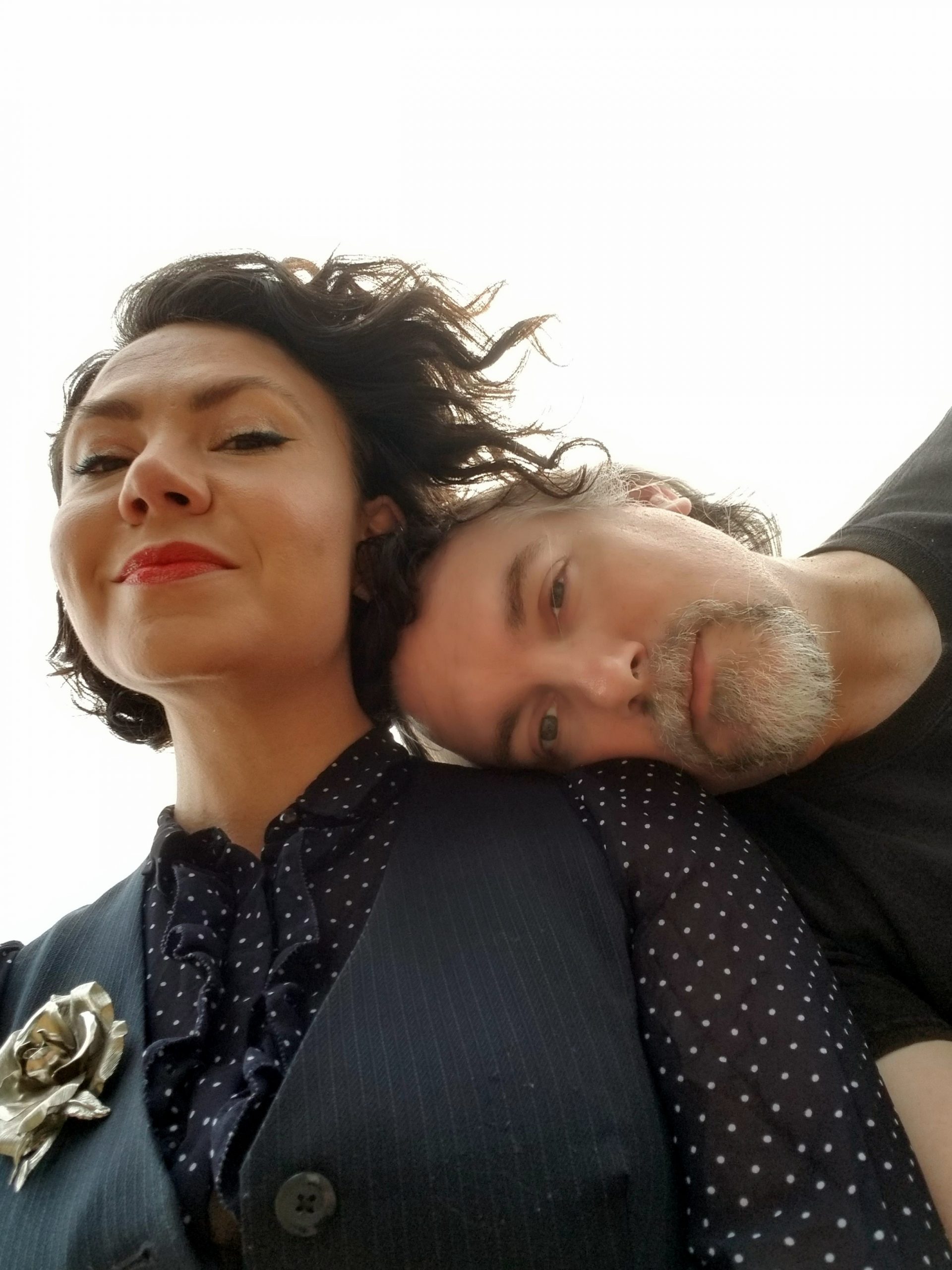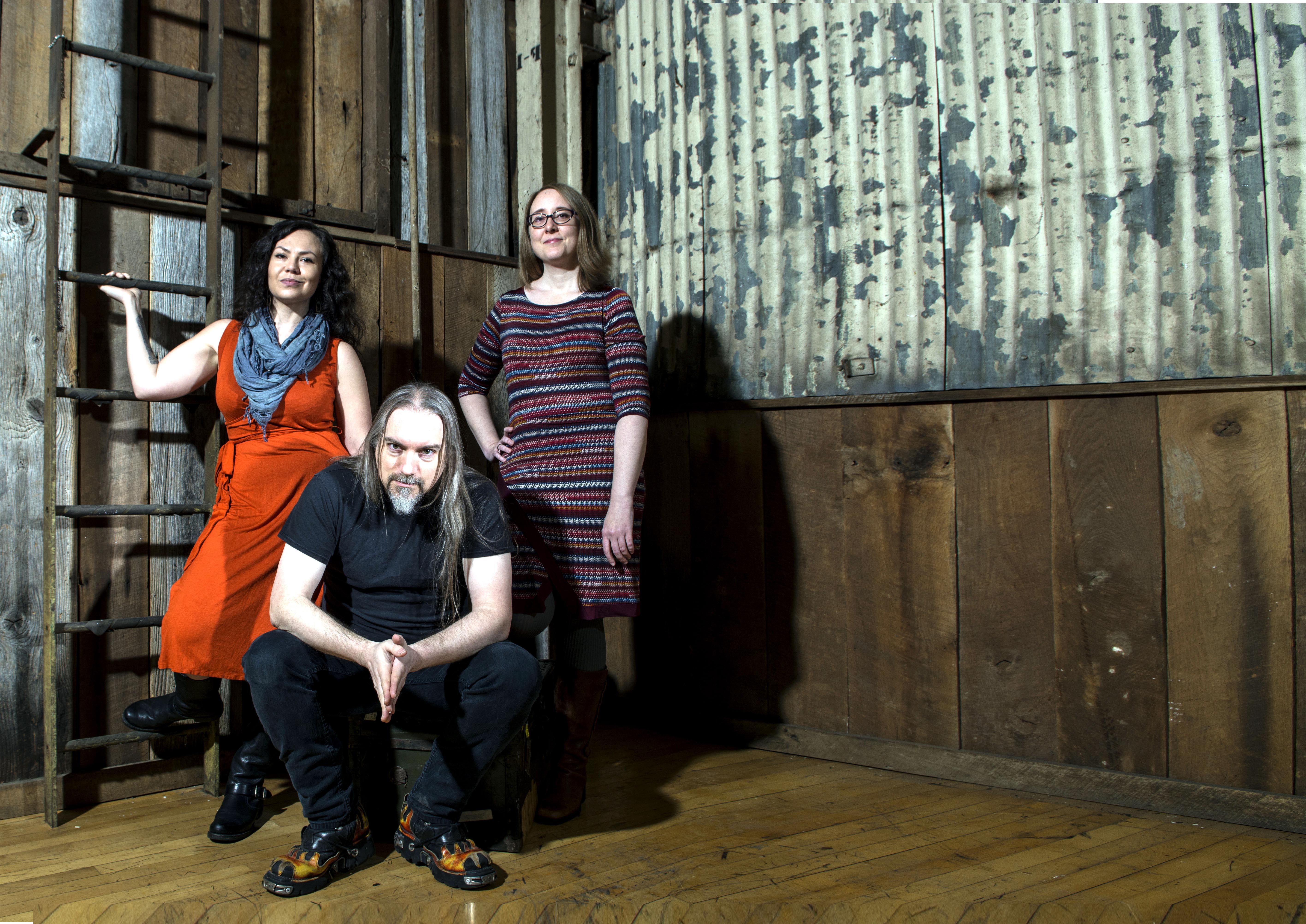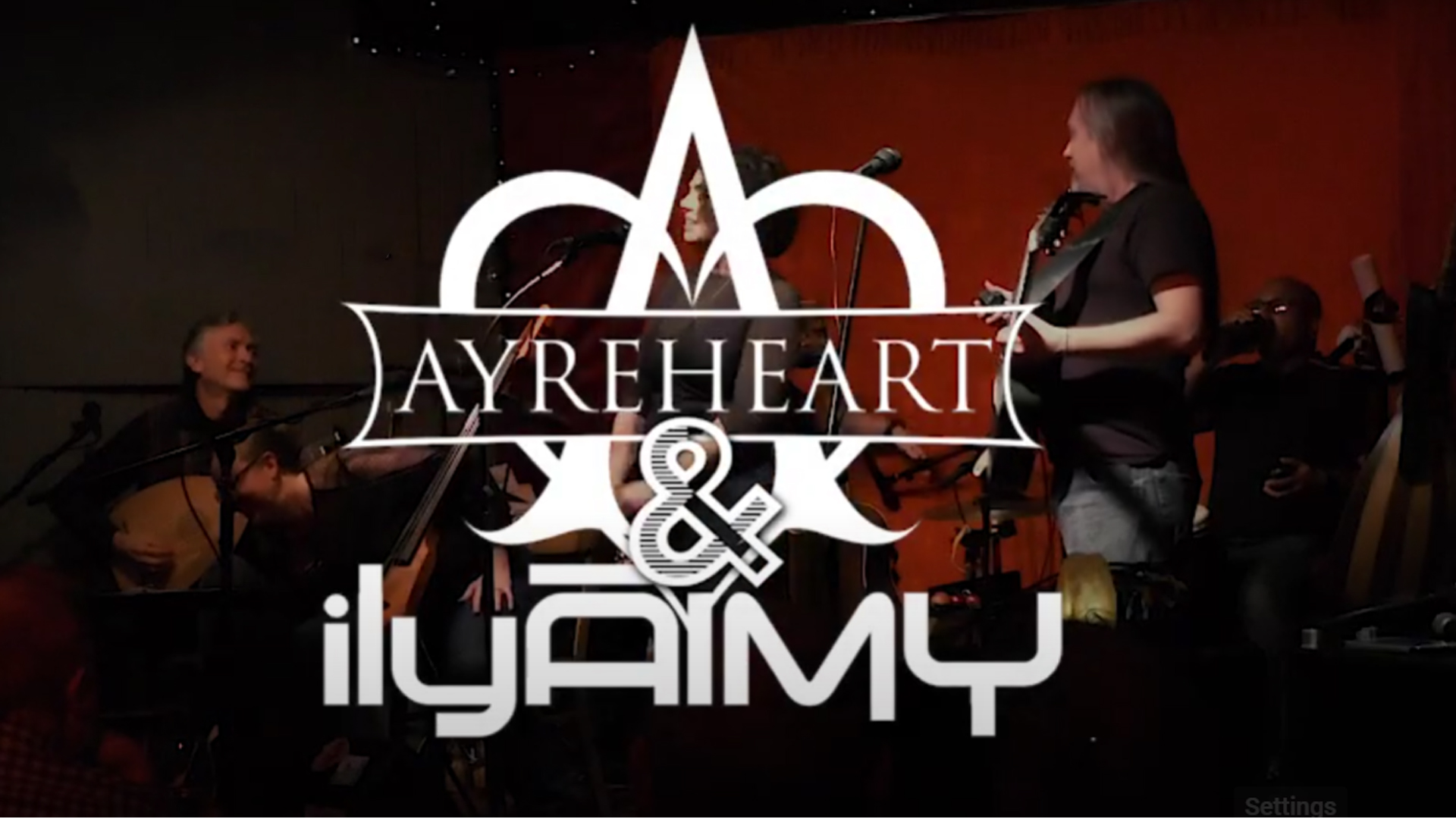I have plenty of things squirreling around in my head. I’ve been writing. I’ve been prepping to paint. I’ve been playing too many video games and distracting myself from better ways of facing the world. But I also went to a classical guitar master class with Ronn McFarlane with absolutely NO idea what I was getting into.
Saturday morning I got up and wanted to get OUT. January 2019 has been a bit rough so far, and as of 2/3 through the month, it doesn’t look like it’s about to let up. Two gigs have been canceled for weather, a third because I was sick and a fourth because the venue had just screwed up and that’s in a month that had started off pretty light… so in addition to the fact that money’s tight, the release that comes with getting out and PLAYING hasn’t been as omnipresent as it usually is. So – Saturday morning, I got up and wanted to get OUT and went to the open mic at the Music Cafe in Damascus, MD – the only one in the area that runs on a Saturday and yet avoids the stigma of taking good performers away from being able to monetize their weekends by running pretty early in the afternoon.
It was a good decision. In addition to listening to some pretty good performers and connecting / reconnecting with some people on the edge of my social circle, the drive was beautiful – snow-covered fields and iced-over barns on the way out, sun high and brilliant. Blued and dusking farmland slowly vanishing as the clouds and evening move in on the way back. Even the icy drizzle wasn’t going to bring me down.

Teavolve – Janaury 14th. 










While at the open mic, one of those aforementioned reconnections, Mary Ann McAllister mentioned that she was going to go see a lute player on Sunday. Knowing only one big-deal lute player I wasn’t entirely surprised to see that it’s my old friend Ronn McFarlane and so, since it’s happening right around the corner from me at UMBC I make tentative plans to join her.

Looking into it, this is a “masterclass” that’s open to the public, with performances from members of the Baltimore Classical Guitar Society, something that up until then I didn’t know existed. I walked into this not knowing what a masterclass was, but figuring at this point I’d know at least three or four people there, I decided to check it out.

I’m really, really, really glad I did.

Talking to Kristen afterwards she knew EXACTLY what a “classical masterclass” was but even if I’d consulted her in advance, I don’t know that I’d have connected that THAT was what I was walking into. I tend to think of “classical guitar music” as being “music made on a classical guitar” NOT “classical music made on a guitar” – and the classical approach to guitar is VASTLY different from my own – much more reflective of an art school critique, drilling into minutiae that focus on perfection of self and self-expression and ABSOLUTE control that frankly was beyond my ability to even perceive for the first couple of examples.

Think of a Bene Gesserit approach to playing guitar. Absolutely granular control of the body, complete awareness of the pressure of every finger. The way these guys (sorry, it WAS all “guys”) were able to discuss their control of the instrument just so vastly outstripped my own awareness of what it means to be a guitarist as to stoke the fires of my Imposter Syndrome and make me feel like a rank, rank, stinking amateur.
Sort of.
As we drilled deeper – discussing bringing out different emotions, slowing a chord roll by a barely perceived pinch of time, reversing finger orders (spent several minutes experimenting playing the same riff … ahem… “measure” I M I rather than M I M) – I DID become aware of the limits of the way these players were using the guitar.

Gone are any scrapes or bends, replaced with precise finger and fingernail pressures and tremolos more reflective of a violinist’s approach to a fretless neck. Thumb in or thumb out, but never thumb thumps. Hammer ons and pulloffs referred to as “slurs” but never any taps or more modern techniques…

Now, of course this makes sense in the context. Ronn is a lute player, and these performers are all performing lute music that’s been moved over to classical guitar over the past several centuries, and one of the big focuses here was to understand lute enough to replicate the playing of a Rennaisance (or Baroque)-era lute player on a dramatically different instrument. It was a fascinating exercise.
And so in the first 15 minutes or so, much like painting eggs leads you to realize there are a myriad of colours hidden away in a white subject on a white background, I was hearing a vastly different palette hidden away inside these instruments – but this was almost completely submerged in my awareness as I watched Ronn TEACH.

SO I don’t want to call people out, but there were definitely different skill levels on display at the masterclass. The first artist went up, played beautifully with only one or two noticeable (to me) flubs never once (as far as I could tell) referencing the music in front of him – and so it was a surprise to me to watch Ronn start immediately referencing specific measures to try again, grilling him on what emotion he was trying to project – and then getting UBER specific – bring out the treble of a chord, slow a chord roll by a fraction of a second, try this in a different position to let a different string ring, bring more pressure into the index finger and play the thumb a little lighter – bringing up things that I wouldn’t have the motor control to execute even IF I had the musical knowledge to completely parse what was being asked for and the refined ear to hear specifically what was being critiqued.
But never once did the kid ask for clarification or stumble under the challenge – and so when the next kid went up and read his whole piece, stumbling multiple times – I was kind of worrying that he was about to get torn to pieces or be asked to do similar things that he probably didn’t have the skill to execute – but Ronn immediately switched gears. He talked about how Bach was MAYBE writing for lute but was REALLY writing for harpsichord, and how certain chords and phrasings reflected this. He referenced other pieces of music complete with composer and date, books that critiqued said works complete with date of publication, birth and death date of the author… his depth of knowledge was STUNNING – all the while addressing the players’ piece on a completely different level without once diminishing his skill set in comparison to the other player, or asking him to do anything he wasn’t capable of doing. He quickly zeroed on not just things that could use improvement, but things that the STUDENT was CAPABLE of improving – on the spot and instantly. Five students – he clearly challenged them, but never once in a way that made them sweat (too much) in front of a room full of strangers, peers and players.
For one player performing “The Frog Galliard”, he honed in on the rhythm and lilt that the player should be projecting by pointing out that the “galliard” is a particular dance. Moments later we were all standing and running through a particular set of steps, all to show the performer what kind of physicality went with the piece of music he’d chosen.
Yeah. Ronn knew the piece. He knew the date. He knew the colloquial reference of just what “frog” meant in this context… and he knew the DANCE MOVES.
I was really just… amazed. I don’t spend a lot of time watching teachers teach. It’s not something I’m around anymore. This masterclass about classical guitar could’ve just as well been a masterclass on the subject of identifying positive ways to encourage and improve a students’ skills… in a 35 minute session.

Late that night, it was too cold to be bothered to pull out my SLR, WAY too cold, plus I knew other friends… 
…. would no doubt take better photographs than I could’ve, but Kristen and I ducked out the front door a bunch of times to watch… 
…. the evolving total eclipse of the BLOOD MOON!!!































1 thought on “January 21st, 2019.”
Your friend is a superb example of a master TEACHER!! You were astute in your observations of his teaching style and strategies….many people wouldn’t even notice much less be able to articulate those techniques. I believe teaching, good teaching, is an art more than a set of skills…although both do play a role in success.
This was a cool experience to read about!